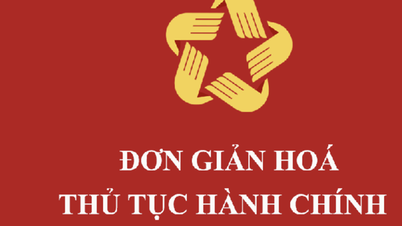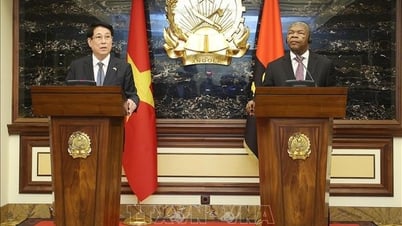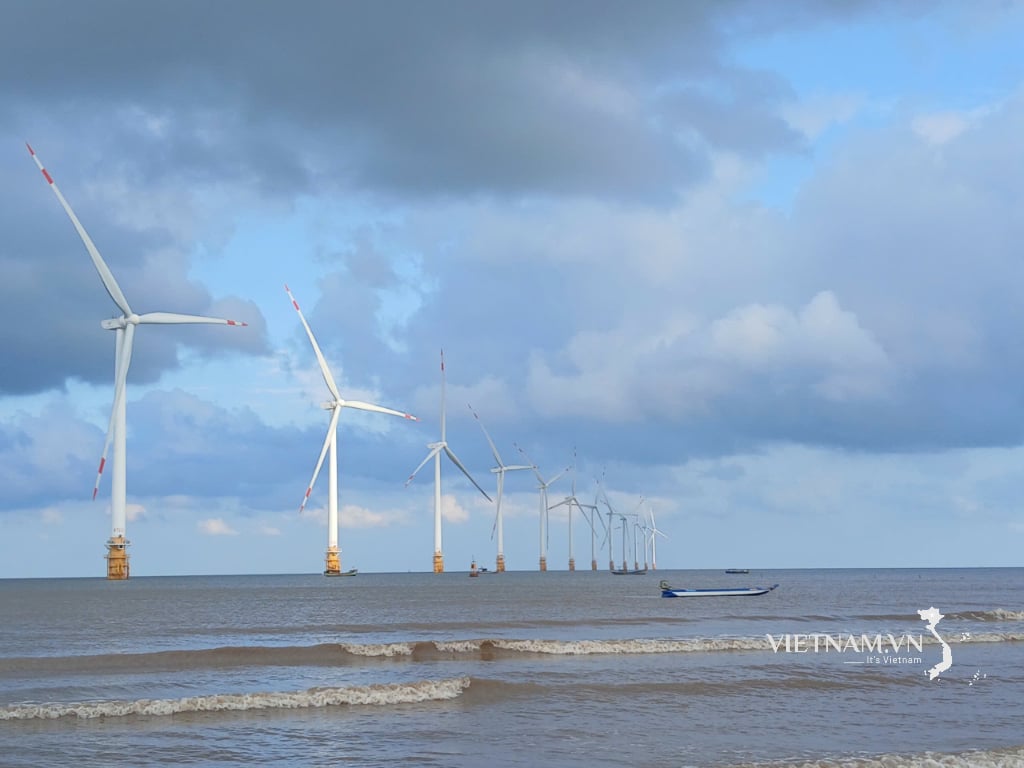The decision by a group of European countries to formally recognise a Palestinian state cannot ignore the reality that this ambition still faces enormous challenges.
However, these statements from Ireland, Spain and Norway will put pressure on other European countries – including Britain, France and Germany – to follow their lead in supporting Palestinian autonomy.
“This decision is very significant. It shows the frustration of European countries that the Israeli government continues to ignore international views,” said an Arab diplomat .
“They also put pressure on the EU to ask other countries in the union to follow their lead.”
However, Israeli ministers have insisted the decision would embolden Hamas and reward terrorism, saying it would undermine the negotiating process to reach an agreement.
The majority of countries in the world , some 139 in total, have officially recognized the state of Palestine.

Photo: Reuters
On May 10, 143 out of 193 member states of the United Nations General Assembly voted to grant full membership to Palestine, a right only granted to recognized states.
Palestine currently holds senior observer status at the United Nations, giving it a seat at the UN, but no voting rights at meetings.
Palestine is also recognized by many international organizations such as the Arab League and the Organization of Islamic Cooperation.
A small number of European countries have recognized the state of Palestine. This group includes Hungary, Poland, Romania, the Czech Republic, Slovakia and Bulgaria, after making the decision in 1988; and also includes Sweden, Cyprus and Malta.
However, many European countries – and the US – have said they will only recognise a Palestinian state if there is a lasting solution to the conflict in the Middle East.
This solution is often referred to as the “two-state solution,” in which Israel and Palestine would agree to have their own state within their own borders.
European countries and the United States have had some disagreements over when each country should recognize a Palestinian state.
Ireland, Spain and Norway said they would take the decision now to spark a political process. They said a lasting solution to the current crisis would only be possible if both sides were committed to a political vision.
These countries are also responding to domestic political pressures to show support for the Palestinians.
In the past, many Western countries have taken the position that the establishment of a Palestinian state should be the reward for a peace deal.
However, David Cameron, the British foreign secretary, and several other European countries have changed their stance in recent months, suggesting that a decision to recognise a Palestinian state could come sooner, helping to build momentum towards a political agreement.
In February 2024, French President Macron said: “The decision to recognize the state of Palestine is not impossible for France.”
Earlier this month, France voted in favor of granting Palestine membership at a UN General Assembly vote.
The US has discussed the issue privately with its allies in Europe, but has been more cautious and wants to be clear about what these policies mean in practice.
The main discussions were about when countries that have not yet recognized Palestine should make this decision: when formal peace talks begin between Israel and Palestine, when Israel and Saudi Arabia normalize relations, when Israel fails to implement a certain decision, or when Palestine implements a certain decision.
In other words, these countries want the decision to recognize the state of Palestine to be a landmark decision that is designed to achieve a diplomatic outcome.
“This is an important move that Western countries need to make at the right time. We don’t want to waste it,” said a Western official.
There is also a problem: A decision to recognize a Palestinian state would be largely symbolic if it did not address several questions at once.
Where will the border between the two countries be? Where will the Palestinian capital be? What do both sides need to do to make this decision effective?
These are questions that have not received a consensus – or even a satisfactory answer – for decades.
Today, several more European countries believe that there should be a Palestinian state. Those who support it will praise it, and those who oppose it will condemn it.
The grim reality facing Palestinians has no potential to change in the near future.
Nguyen Quang Minh (According to BBC)
Source: https://www.nguoiduatin.vn/quyet-dinh-cong-nhan-nha-nuoc-palestine-va-nhung-anh-huong-cua-no-a664901.html





































































































Comment (0)